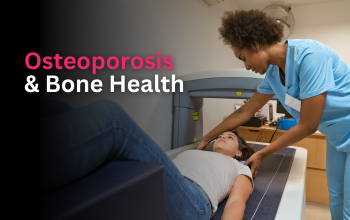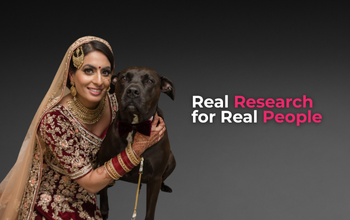The Arthritis Newsletter
Fall 2015The Internet, You and Your MD - Three Partners in a Relationship
By Sheila Kerr
Has your typical visit to your MD changed in the past 10 years? Has the Internet become a third partner in the relationship between you and your health care provider?
Researchers at Arthritis Research Canada have studied these changing relationships. They have explored how patients use Internet health information and the benefits and burdens for both patients and health care providers.
With access to all this information, patients can now participate more fully in discussions with their MDs. Patients can be encouraged to participate in making informed, shared health care decisions.
I remember the day when you went to the doctor, told them about your problem and were sent out the door with their chosen treatment. That treatment may or may not have been based on great research evidence. There was little discussion about your personal values and circumstances. Perhaps you just ignored the advice. Did I really need my tonsils removed at age 6?
Feeling Uncertain
Are you the type of patient who spends hours cruising the Internet to look for information that matches your symptoms or diagnosis? With so much information (some of it conflicting) I can feel more uncertain. I rely on my MD to help me sort out all this information.
Finding Reliable Health Information
Patients can access the latest research online, but how do we evaluate the quality of this research? What can be trusted and what is questionable? Even research in peer-reviewed journals can be of variable quality. Is the research about people like me?
Does it explain treatment doses and measure outcomes that are important to me? It is challenging to understand risks and statistics. My MD often starts a visit by asking about my main health concern and what I know about it. If I don’t know much about the condition, I ask my MD to suggest good resources that meet my level of understanding.
Trust and Respect
The ground rules of the relationship between doctor and patient are changing. Will patients who challenge their MDs with information still be able to have a relationship of trust and respect? How is the new power dynamic changing things? Patients are now expected to be engaged partners in health care decisions instead of passive recipients. Sometimes we need to find a new health care provider that meet our needs.
Taking Responsibility
I can feel burdened by the sense that I need to ‘do my homework’ before a medical appointment. Patients with chronic diseases may now be expected to fully understand their condition and to take more responsibility for managing aspects of their own care. Some of us do not want this burden and prefer to place full trust in our MDs. Sometimes we lack support systems to move a health plan to action.
Work with Your Health Care Provider
Shared decisions can lead to clarifying the next steps that are required. Perhaps we will request a specialist referral, a specific drug, physical therapy, consultation with a dietician or psychological behavioural therapy. Life is complex, and each of us has unique needs. We negotiate to get to a place where decisions can be made based on the best available health information, our own values and the MD’s experience.
Are You a Threat?
If you are an accomplished Internet user and a person with good health literacy, you may reach a stage where you know more about your specific condition than your MD. Some doctors find this threatening. Others find it an opportunity to learn more. We are in an information revolution, and it will take a while to adjust and adapt our relationships with our health care providers.
If the Internet is now part of your healthcare team, how does it influence what you do regarding your health? Does improved patient health literacy and this modern doctor patient relationship lead to better health decisions, outcomes and use of scarce resources? Sounds like a job for researchers and patients to work together to further explore.
References
EHealth Study by Anne Townsend Exploring eHealth Ethics and Multi-Morbidity: Protocol for an Interview and Focus Group Study of Patient and Health Care Provider Views and Experiences of Using Digital Media for Health
Purposes. http://www.ncbi.nlm.nih.gov/pmc/articles/PMC3806546/
Dr. Linda Li and Dr Anne Townsend Self-management interventions in the digital age: New approaches to support people with rheumatologic conditions. https://www.sciencedirect.com/journal/best-practice-and-research-clinical-rheumatology
New funding from the Canadian Institutes of Health Research ARC trainee Jenny Leese to seek understanding of the ethical issues of using online and digital technologies to support self-managing behaviours from the perspectives of peoples with chronic illness.





















































